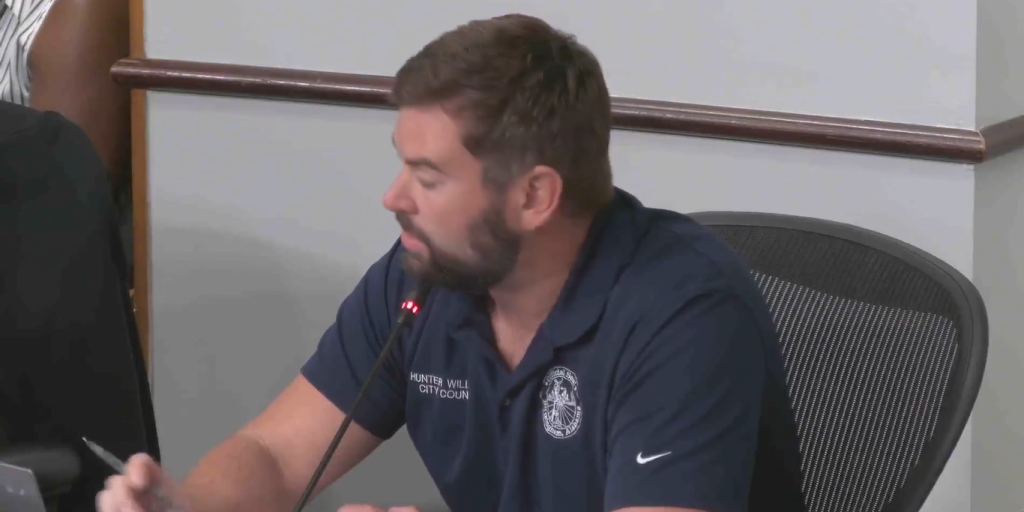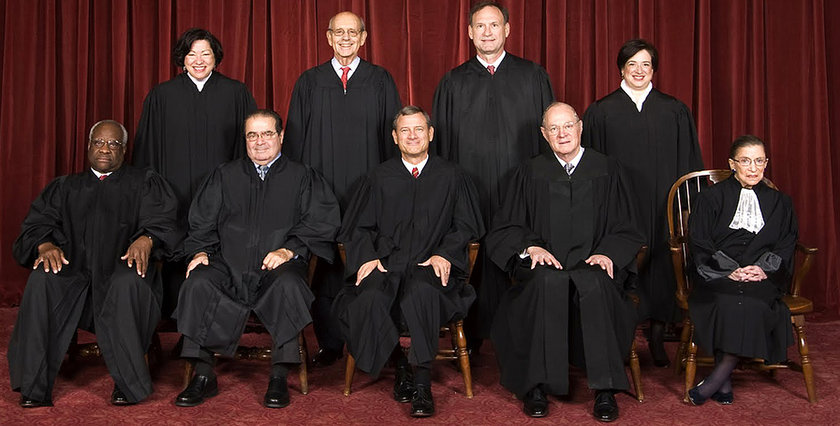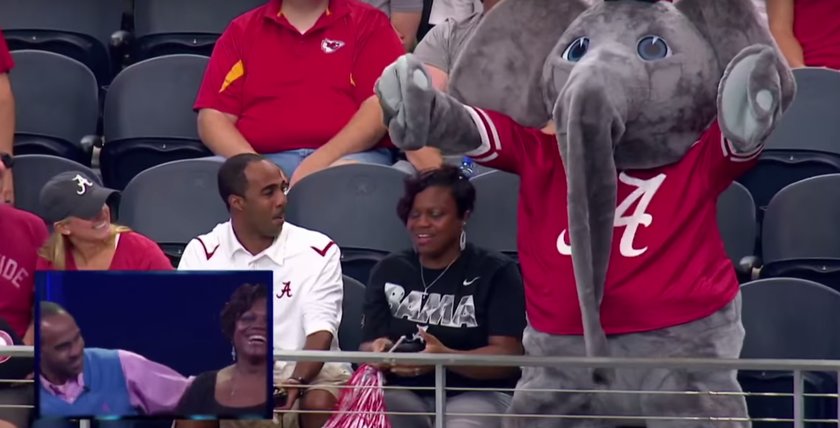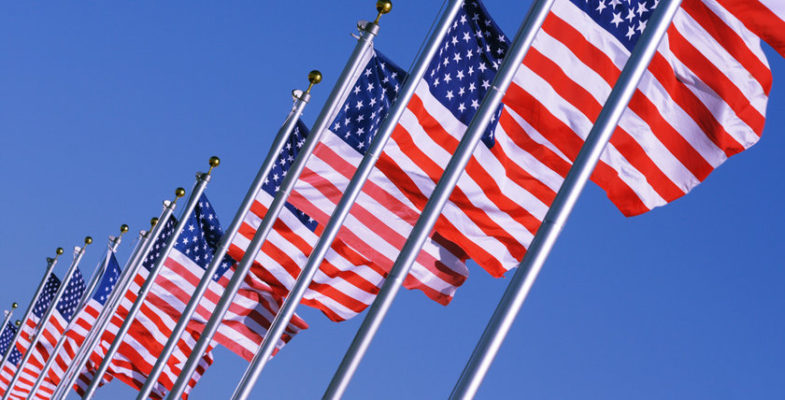Alabama businessman Shaun McCutcheon continued his run as one of the most-talked-about individuals in American electoral politics on Sunday with an appearance on “the longest-running television series in American broadcasting history,” NBC’s “Meet the Press.”
McCutcheon joined the show’s host David Gregory and Robert Weissman, President of Public Citizen, a consumer advocacy group, to discuss the ramifications of the Supreme Court’ decision in McCutcheon v. FEC.
The Supreme Court ruled last week in the McCutcheon case that the “aggregate limit” on campaign contributions was unconstitutional. The aggregate limit was a cap on the total sum of money a donor could donate to all federal campaigns and Party committees combined. It had previously been set at $123,200. The “base limit,” which is a cap on the amount of money an individual can donate to a single candidate, remains in place at $2,600 for the primary and another $2,600 for the general election.
RELATED: Alabama’s McCutcheon wins stunning victory in U.S. Supreme Court
“The government has a strong interest… in combatting corruption and its appearance,” Chief Justice John Roberts wrote in the majority opinion. “We have, however, held that this interest must be limited to a specific kind of corruption — quid pro quo corruption — in order to ensure that the government’s efforts do not have the effect of restricting the First Amendment right of citizens to choose who shall govern them.”
In other words, Roberts argued that the base limit of $2,600 is low enough that a donor cannot “buy” too much influence with a candidate and should stay in place. But he also said that limiting the total number of candidates to which a donor could give $2,600 would be a violation of their First Amendment rights.
“Here’s a new reality — American democracy for sale,” David Gregory said to start Sunday’s interview.
He asked McCutcheon how the lifting of the aggregate limit would not at some point lead to corruption.
“This is an issue of independent, private people exercising free speech,” McCutcheon responded. “Regardless of economic status, all Americans are entitled to free speech. This is a First Amendment, guaranteed right in the Constitution.”
“I am a citizen. And I’m interesting in being involved in the process,” he continued. “I’m interested in change for the better. That’s what motivated me to support candidates. Again, it’s about your right to support as many candidates, committees and PACs as you choose… It’s the most fundamental right in this country — our right as a people to select our leaders.
RELATED: Alabamian takes his bid to ‘change the world’ all the way to the Supreme Court
Gregory noted that Justice Stephen Breyer disagrees with McCutcheon’s dismissal of the possibility for corruption.
“What has this to do with corruption? It has everything to do with corruption,” Breyer wrote in his dissenting option. “Where enough money calls the tune, the general public will not be heard.”
Gregory then asked Robert Weissman of Public Citizen if the average American’s vote will count as much as the “super wealthy” in the wake of the McCutcheon decision.
“There are only a few hundred people in this country who have the wherewithal to (donate up to the aggregate limit) and have shown the inclination to do that,” Weissman said. “And they’re going to expect something back in return… Those people have this stranglehold over how this process works and everyone else is left out of the game.”
McCutcheon responded by saying, “Individual people exercising freedom of speech is a good thing — bringing competition to the process.”
He pointed out that candidates who are self-funding their campaigns are able to spend unlimited money. But what about individuals who can’t afford to do that? McCutcheon says they need donors like him, otherwise only the wealthy will be able to run for public office.
“They need individual private donors like me and others that can donate directly to their campaigns and we shouldn’t be limited to 9 candidates or 10 candidates,” he said.
But Weissman said his definition of “supporting” candidates is much different than McCutcheon’s.
“He’s not really talking about support,” Weissman said. “He’s not talking about handing out leaflets or putting a sign in his yard. He’s talking about the ability to give money to candidates. That’s not the same thing and it doesn’t deserve the same kinds of First Amendment protections… It’s going to be at the expense of the rest of us.”
Gregory pointed out that politics is already awash with money. He cited the Supreme Courts decision in Citizens United v. FEC, which led to the proliferation of third-party groups that don’t have to disclose their donors. With McCutcheon, it will be individuals giving directly to candidates and those donations will all be publicly disclosed.
“At least the political parties are strengthened, perhaps you have more transparency,” Gregory said.
The full interview can be seen above.
What do you think? Was the Supreme Court right to throw out the aggregate limit? Should the base limit stay in place? Let us know in the comments or by tweeting @YHPolitics.
Follow Cliff on Twitter @Cliff_Sims










